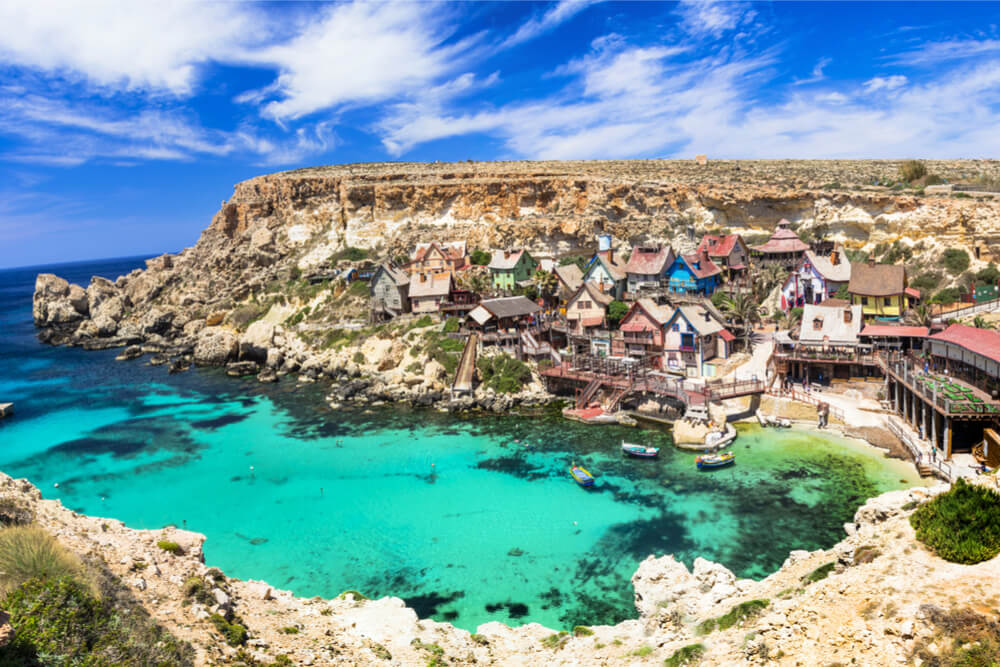Malta has become one of the world’s biggest crypto havens over the past few years, and now, things are about to take a whole new turn.
Malta Is a Leading Crypto Maverick
Several companies – 34, to be exact – that either operate in blockchain or cryptocurrency-based territory within Malta, have sent “letters of intent” to the country’s Financial Services Authority (the MFSA). These letters say they are requesting permission from the organization to continue their operations and further provide their services to customers.
Prior to the MFSA taking over, crypto and blockchain companies stationed in Malta were required to operate under what’s known as the Virtual Financial Assets Act, which offers rules regarding how these companies can administer monetary products and services. Malta has been known for having very loose and easy crypto regulation. This has attracted several crypto companies and exchanges from across the globe to its borders, but with the introduction of the new organization, things are about to get a little more stringent.
After all, the country still wants to take the right precautions and keep its customers (and their money) safe and out of the hands of hackers and malicious actors. If that means stricter rules, it’s something many companies will have to contend with.
Nevertheless, the harsher environment doesn’t seem to be swaying crypto businesses in the wrong direction. These letters of intent signify that these companies are looking to comply with present regulations and that they want to be within the bounds of the law. There’s clearly a need for blockchain and crypto-based services in Malta and beyond, and ventures such as those issuing the letters suggest this in spades.
One of the biggest companies to recently make the move to Malta is Binance. As arguably the world’s largest (and most popular) cryptocurrency exchange in the world, Binance was originally situated in Asia, which as we all know, has been subject to several bans and anti-crypto regulations as of late.
In China, for example, initial coin offerings (ICOs) and foreign exchanges have been removed from the picture, while regulators say they are considering a ban on bitcoin mining, and Binance relocated to Malta in 2018 following several rounds of head-butting with legislators.
Europe Is Growing in Terms of Crypto Businesses
While Malta certainly holds a place of its own, the rest of Europe is also privy to present blockchain requirements and seems to be providing homes to several new blockchain and crypto startups along the way.
Switzerland, for example, is home to what’s affectionately been dubbed “Crypto Valley,” which takes its name from Silicon Valley in Northern California. While Silicon Valley hosts several of the world’s biggest tech startups, Crypto Valley does the same for blockchain-based businesses, and its presence is growing across the map.



